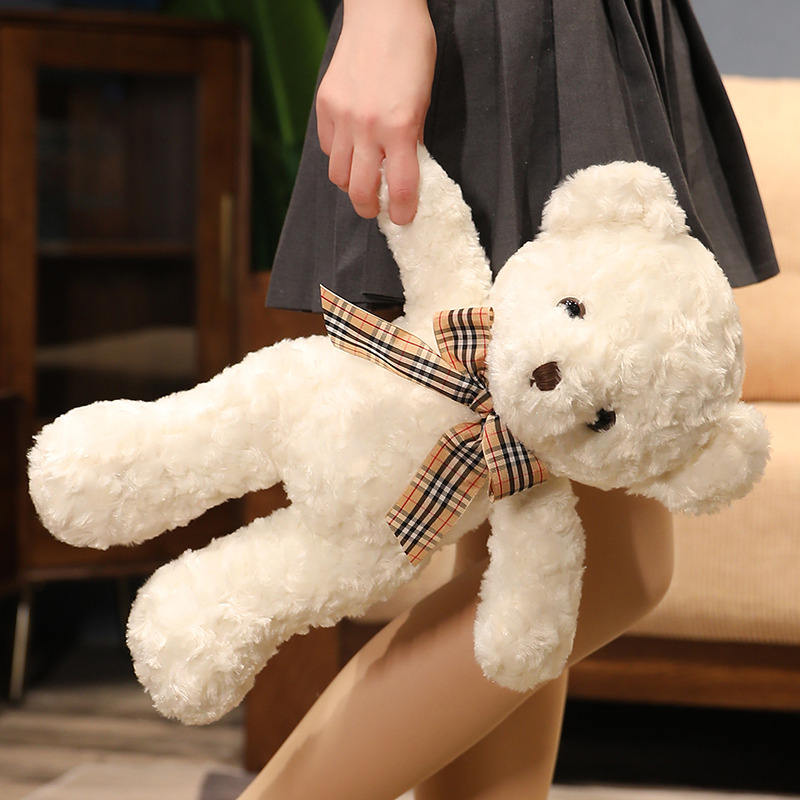Teddy bear therapy, also known as stuffed animal therapy, is a form of therapy that involves the use of teddy bears or other stuffed animals to improve mental health. While it may sound unconventional, this type of therapy can be particularly beneficial for seniors. Here are some of the benefits:
- Reduces anxiety and stress: Many seniors experience anxiety and stress due to a variety of factors such as health issues, loneliness, or financial concerns. Holding or cuddling a teddy bear can provide a sense of comfort and security, reducing feelings of anxiety and stress.
- Provides companionship: Seniors who live alone or are in a care facility may feel isolated and lonely. A teddy bear can serve as a companion, providing comfort and a sense of connection.
- Promotes relaxation: Stroking or petting a soft and cuddly teddy bear can be soothing and relaxing, reducing tension and promoting a sense of calm.
- Stimulates memories: For seniors with dementia or Alzheimer’s, teddy bear therapy can help stimulate memories and bring back feelings of nostalgia. The teddy bear can serve as a reminder of happy times from the past.
- Improves mood: The act of holding and cuddling a teddy bear can release endorphins, which can improve mood and increase feelings of happiness.
- Provides a sense of purpose: Seniors who participate in teddy bear therapy may feel a sense of purpose by caring for their teddy bear. This can help improve their self-esteem and sense of well-being.
In summary, teddy bear therapy can be a simple yet effective way to improve the mental health and well-being of seniors. It can provide comfort, companionship, and a sense of purpose, while also reducing feelings of anxiety and stress.


